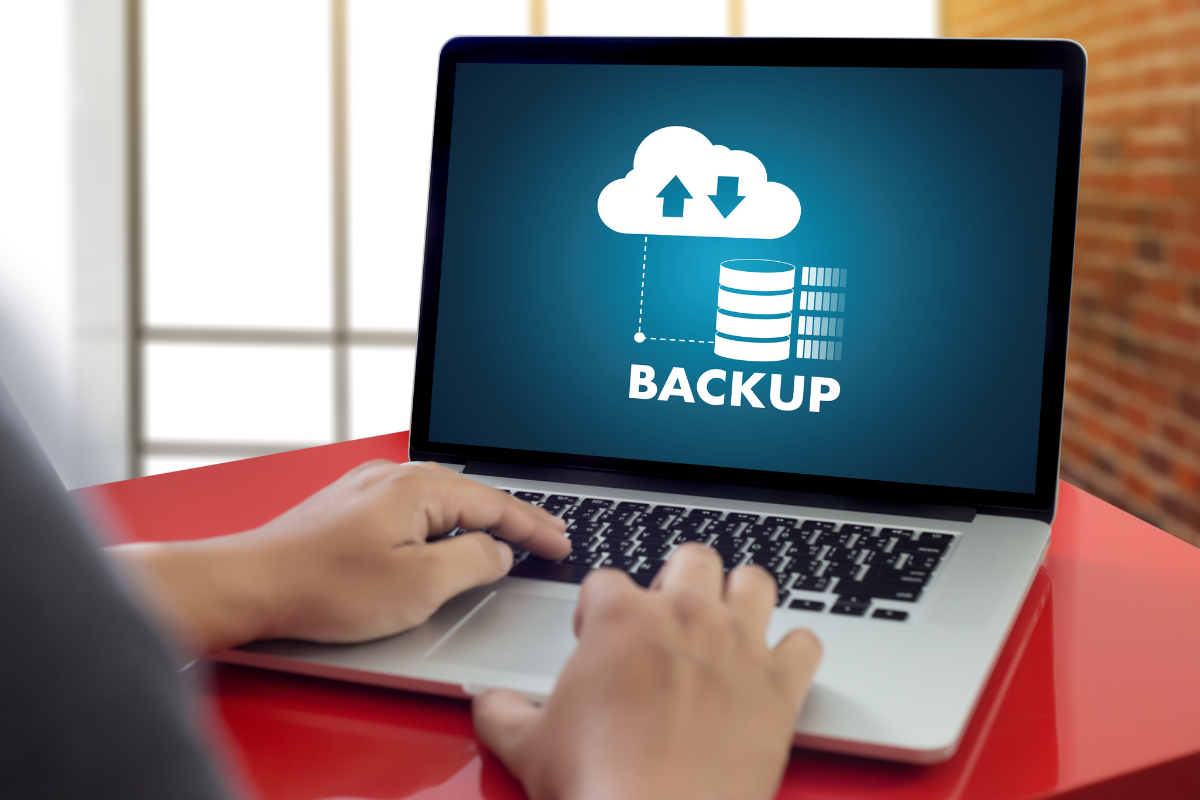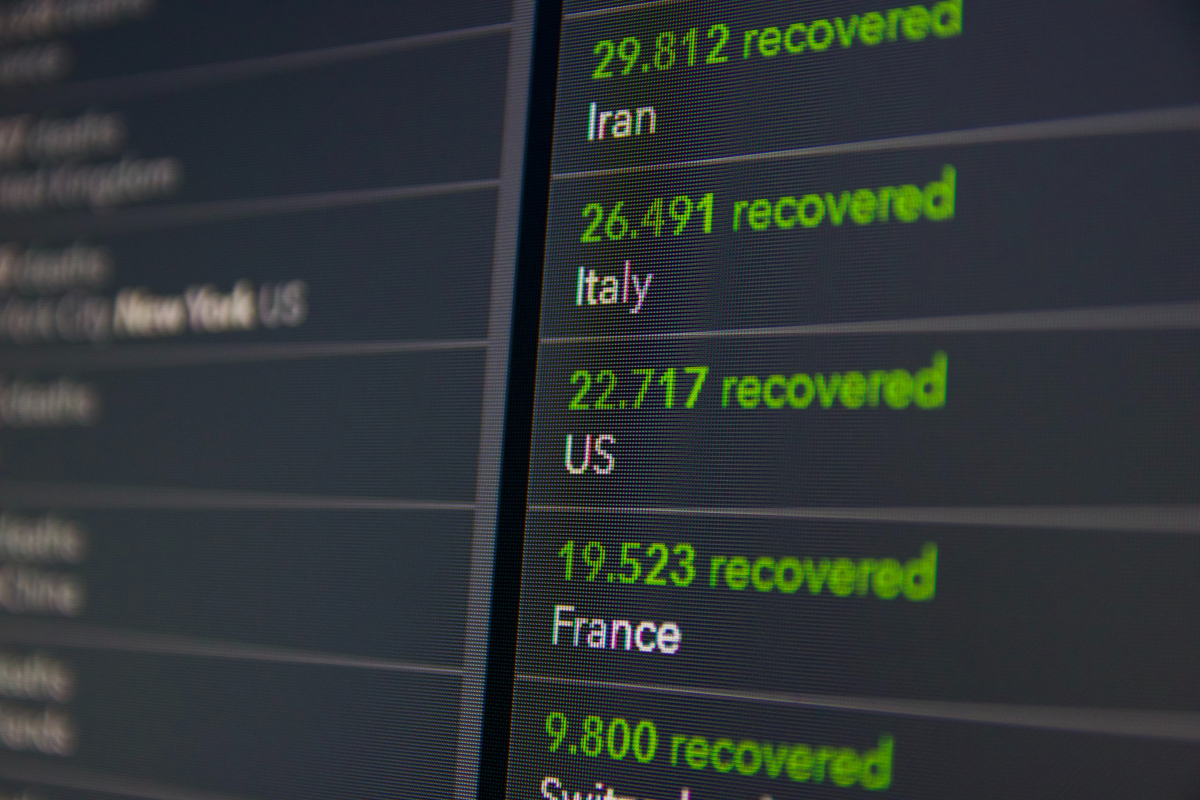Disaster strikes in many forms, and for the digital age, one of the most chilling is data loss.
Whether it’s a corrupted hard drive, a ransomware attack, or accidental deletion, losing precious files can feel like losing a piece of yourself.
In moments like these, hope emerges in the form of data recovery experts – but with so many options, how do you navigate this crucial decision and ensure you’re entrusting your digital life to the right hands?
This guide serves as your compass, helping you understand the world of data recovery and guiding you towards salvagedata.ca who can bring your lost data back into the fold.
Understanding Data Loss
Data loss can occur in a multitude of ways, each presenting its own challenges. Common culprits include:
- Hardware failures: Hard drive crashes, solid-state drive malfunctions, and corrupted memory cards can all lead to data inaccessibility.
- Software errors: Operating system crashes, accidental file deletion, and virus infections can erase or corrupt your data.
- Human error: Accidental file deletion, formatting the wrong drive, or overwriting files are unfortunate but common causes of data loss.
- Cyberattacks: Ransomware and other malicious software can lock or encrypt your data, demanding payment for its return.
The Data Recovery Landscape
With the ubiquity of data in our lives, the data recovery industry has seen a corresponding boom. However, navigating this landscape can be confusing.

Here’s a breakdown of the key players:
- Data recovery software: DIY options offer varying degrees of success, often tackling simple deletions or formatting issues. However, complex recoveries or hardware failures require expert intervention.
- Independent data recovery labs: These specialized labs boast advanced equipment and skilled technicians to tackle complex recoveries. However, their services can be expensive.
- In-house IT departments: For businesses, in-house IT teams may possess basic data recovery skills. However, for critical data or complex situations, external data recovery experts are often better equipped.
Finding Verified Data Recovery Experts
With your understanding of data loss and the recovery landscape, it’s time to identify the right experts for your needs.
Here are some crucial steps to take:
- Verify credentials and certifications: Look for data recovery labs accredited by reputable organizations like the Data Recovery Institute (DRI) or the International Association of Digital Forensic Investigators (IACIS). These certifications signify adherence to industry standards and best practices.
- Research success rates and experience: Ask for success rates in different data loss scenarios and inquire about the lab’s experience with similar cases. Look for labs with a proven track record of successful recoveries.
- Transparency and communication: Choose a lab that provides clear pricing estimates upfront and communicates effectively throughout the recovery process. Beware of hidden fees or unrealistic recovery guarantees.
- Data security and privacy: Ensure the lab has robust data security measures in place to protect your sensitive information. Look for certifications like ISO 27001 and inquire about their data handling policies.
Beyond Recovery: Preventing Data Loss In The First Place
Proactive steps can significantly reduce the risk of data loss:
- Regular backups: Create regular backups of your important data on external drives, cloud storage, or a combination of both. This ensures you have a readily available copy in case of disaster.
- Data protection software: Utilize antivirus and anti-malware software to protect your system from malicious attacks that can lead to data loss.
- Drive maintenance: Perform regular disk checks and defrags to maintain drive health and prevent hardware failures.
- Educate yourself and others: Educate yourself and others about common data loss scenarios and best practices for data protection.
Data loss can be a devastating experience, but with the right knowledge and guidance, you can navigate this challenging situation and recover your precious files.
By understanding the types of data loss, the data recovery landscape, and the steps to find verified experts, you can increase your chances of a successful recovery and prevent future data disasters.
Remember, data is precious, so treat it with care and prioritize its protection for peace of mind in the digital age.
What Software Does Professional Data Recovery Use?
While SalvageData offers both a free data recovery software for simple situations and their own professional services, professional data recovery specialists often utilize a wider range of specialized software and hardware tools to tackle complex data loss scenarios. Some of the popular options include:

Data Recovery Software
- R-Studio: Powerful and versatile software capable of recovering data from various storage devices and file systems, handling both logical and physical damage.
- Acronis Disk Director Advanced: Offers data recovery alongside partitioning, backup, and disk management functionalities.
- Recuva: Free and user-friendly tool for recovering deleted files from various storage devices.
- PhotoRec: Open-source tool specifically designed for recovering photos and videos from various media formats.
- GetDataBack: Effective in recovering data from formatted or corrupted drives, including RAID configurations.
Hardware Tools
- PC-3000 Flash: Advanced hardware and software suite for recovering data from SSDs and other flash-based storage devices.
- DeepSpar Disk Imager: Creates forensic-grade disk images for further analysis and data recovery in controlled environments.
- Data Extractor: Hardware tool for direct data extraction from damaged hard drives, bypassing the operating system.
- Cleanroom environment: Professional data recovery labs utilize controlled environments with filtered air and specialized tools to prevent further damage to sensitive storage devices.
SalvageData’s Role
While SalvageData’s free software can handle basic data recovery situations, for complex cases, they rely on their own in-house data recovery labs equipped with advanced software and hardware like those mentioned above.
They also partner with specialists and utilize additional proprietary tools developed specifically for their processes.
Choosing The Right Tools
The choice of software and hardware tools depends heavily on the specific data loss scenario, storage device type, and extent of damage.
Professional data recovery specialists use their expertise and diagnostic tools to assess the situation and choose the most appropriate tools for each case, often combining multiple software and hardware solutions for optimal results.
Ultimately, when faced with significant data loss, it’s always best to consult with a reputable data recovery service who can assess your situation and utilize the appropriate tools and expertise to maximize your chances of successful data recovery.